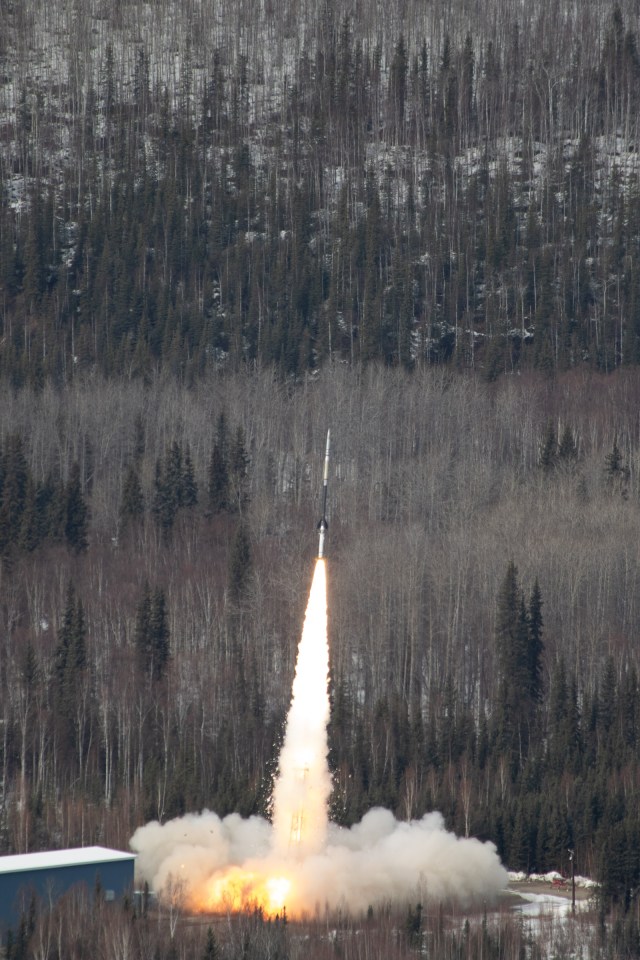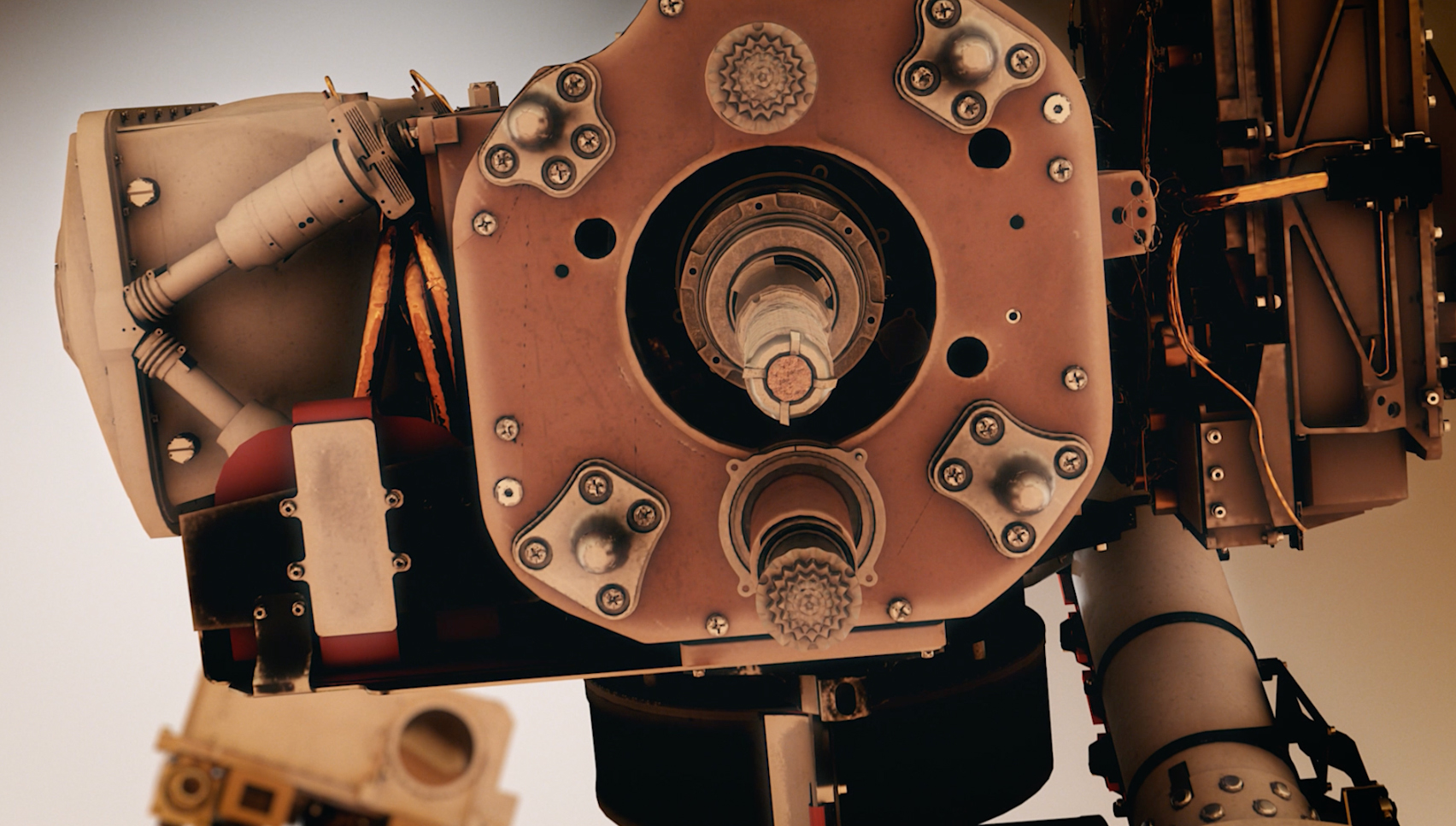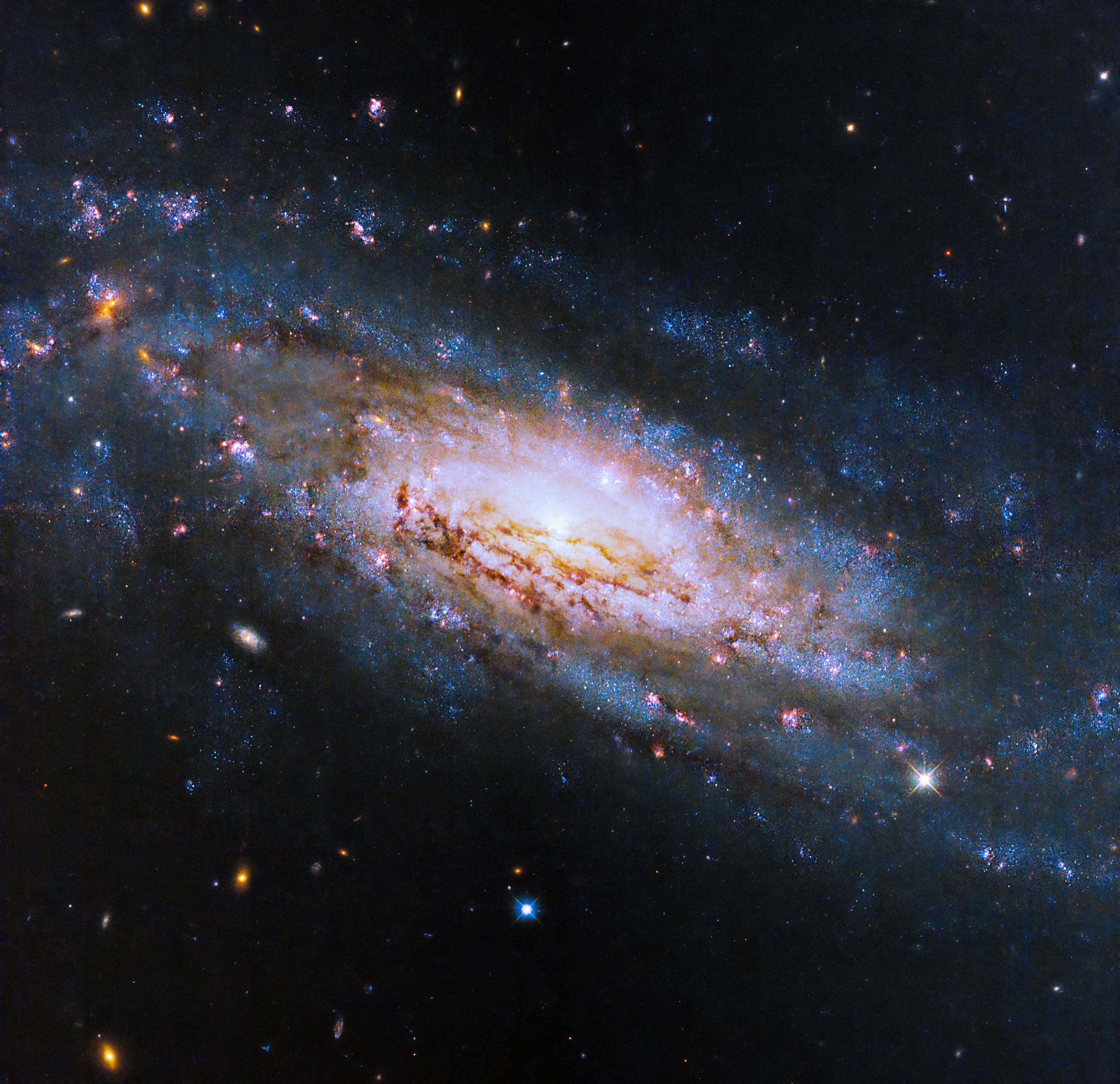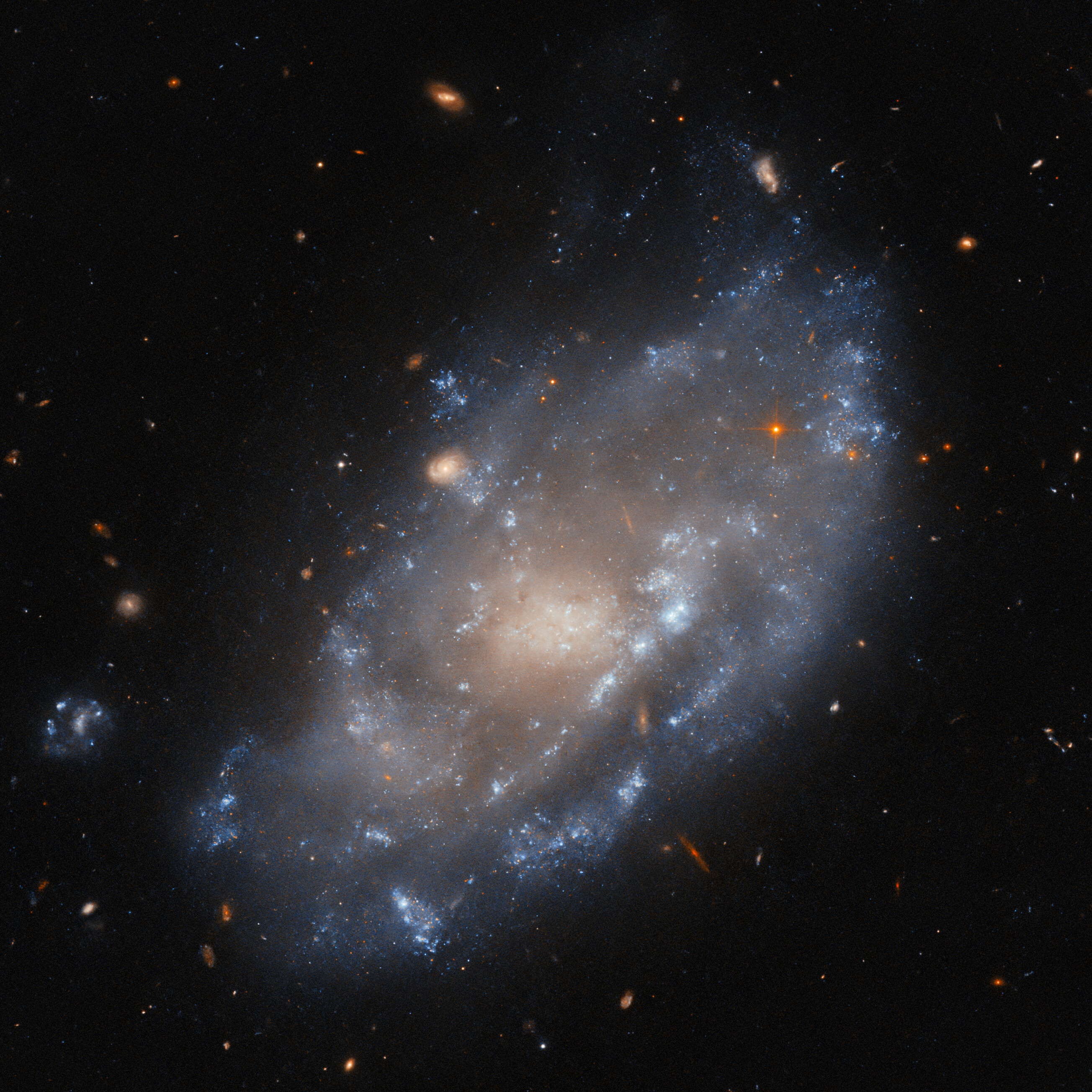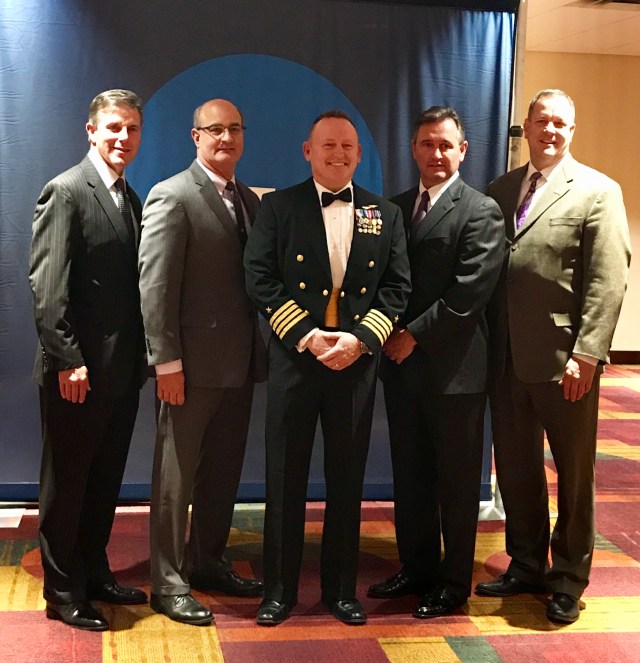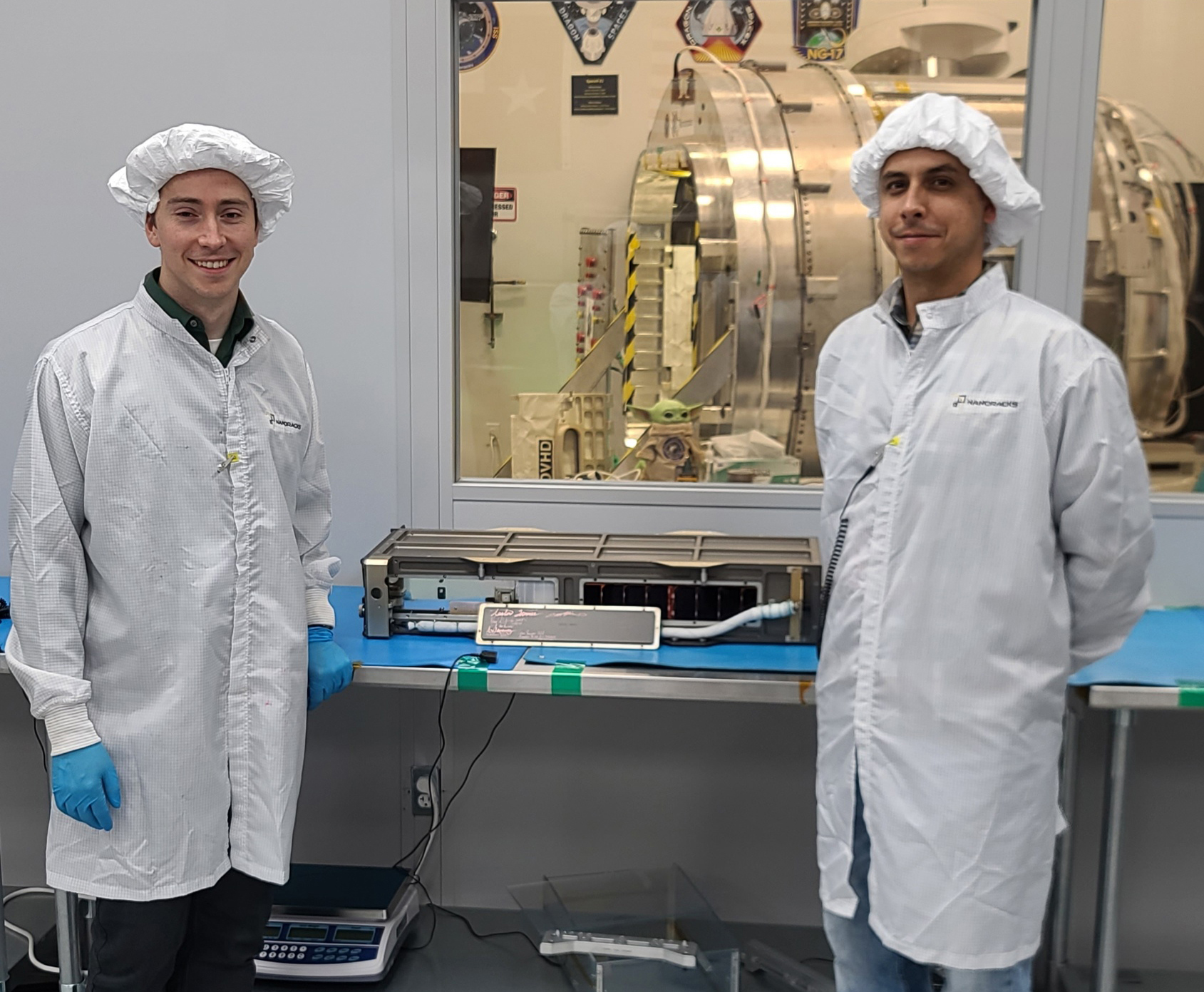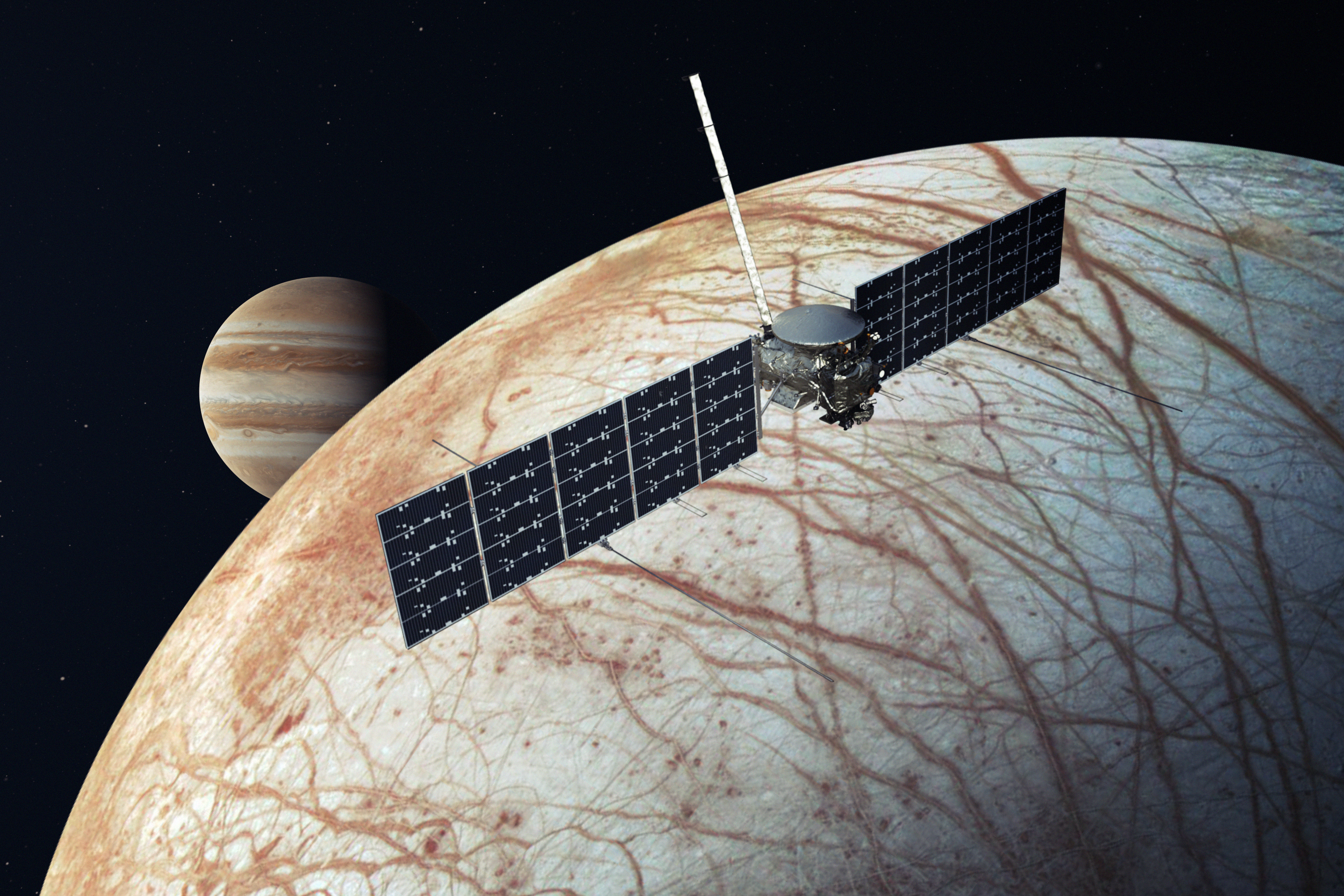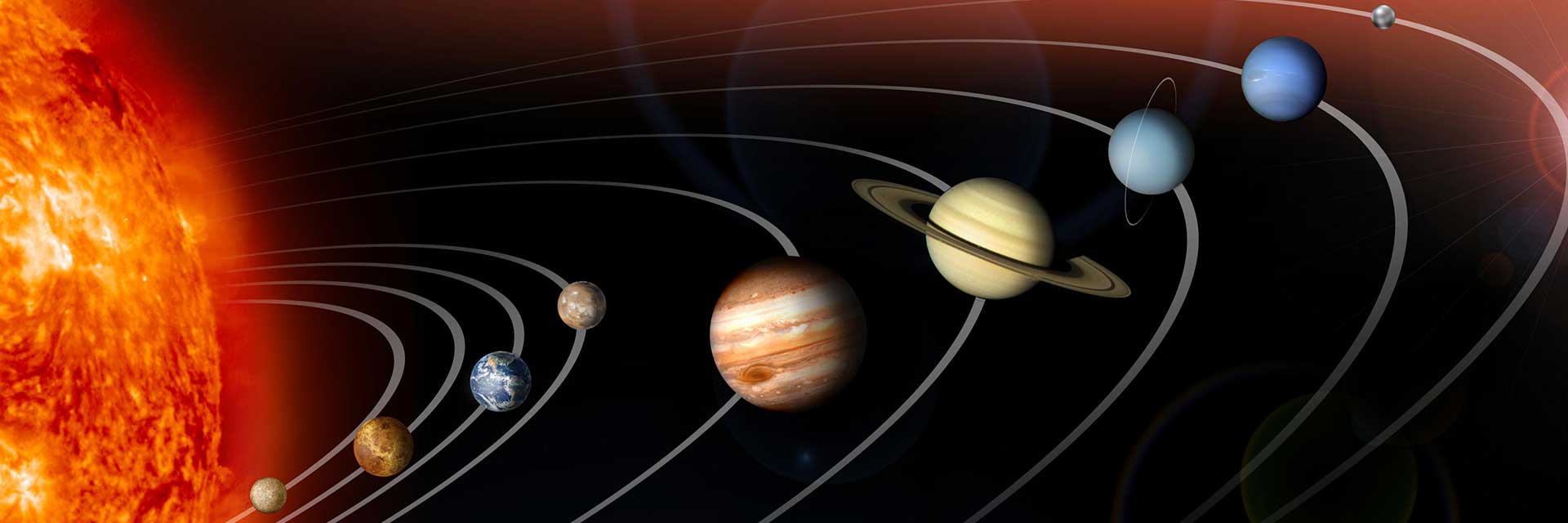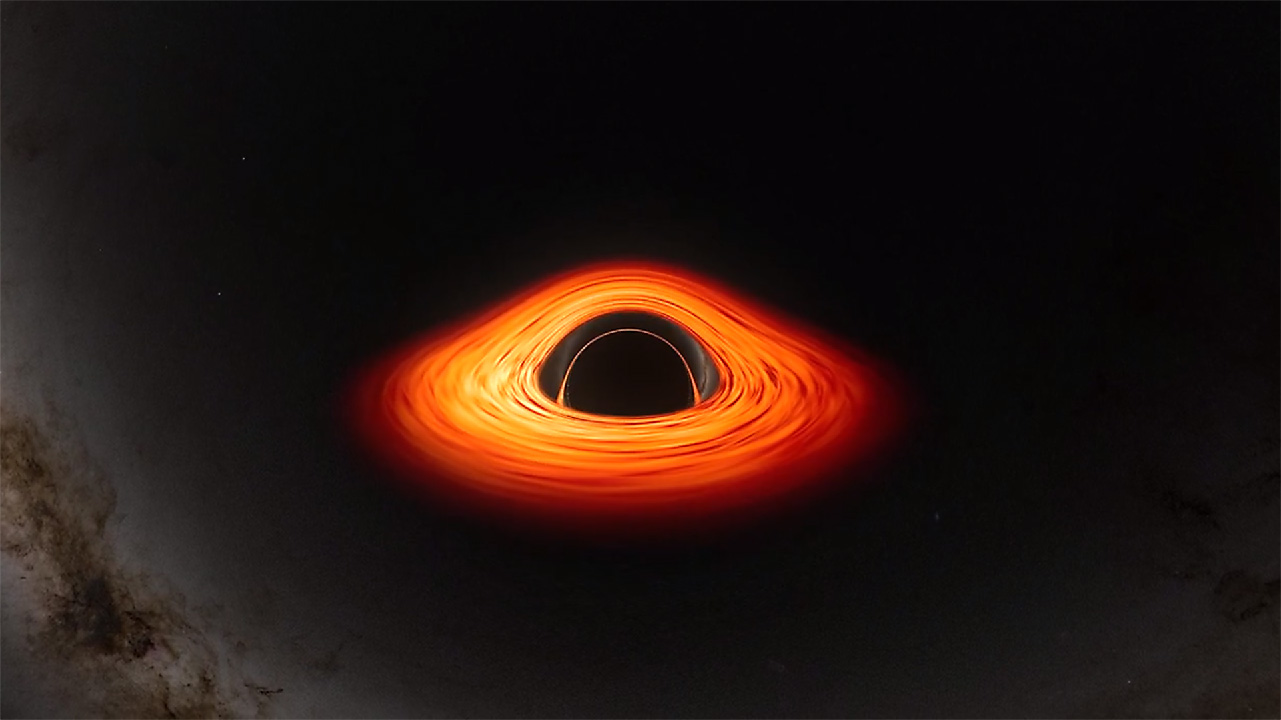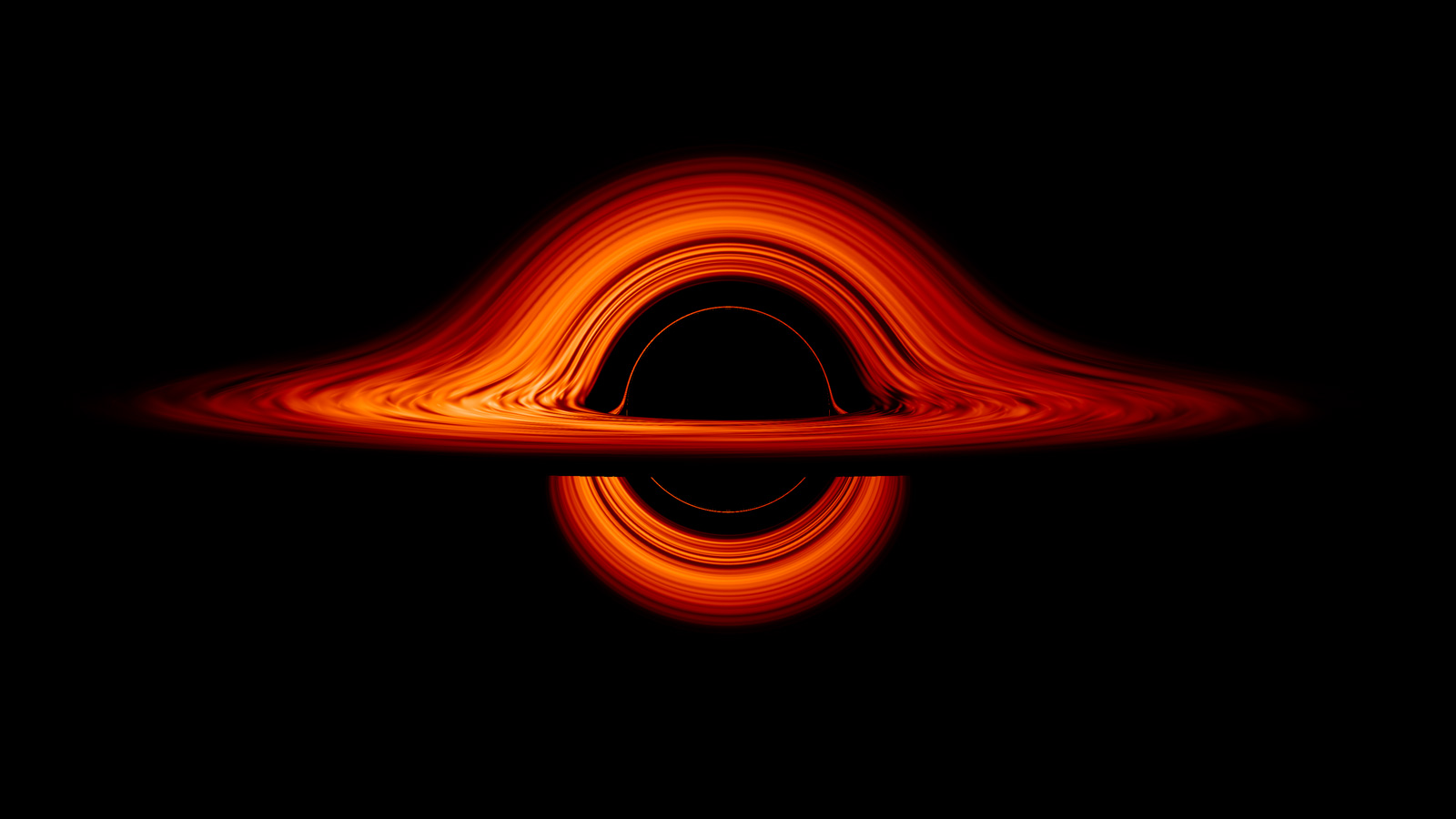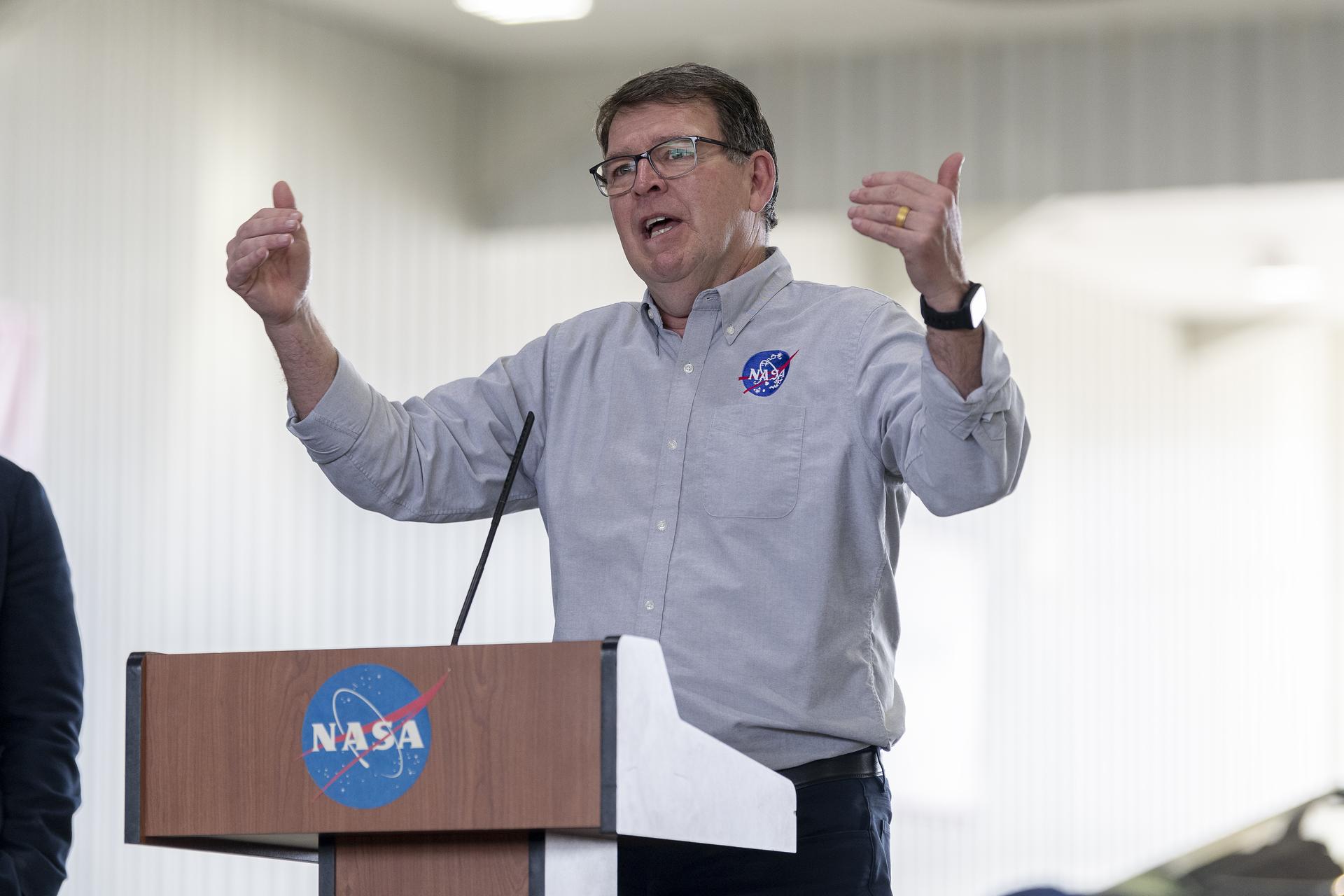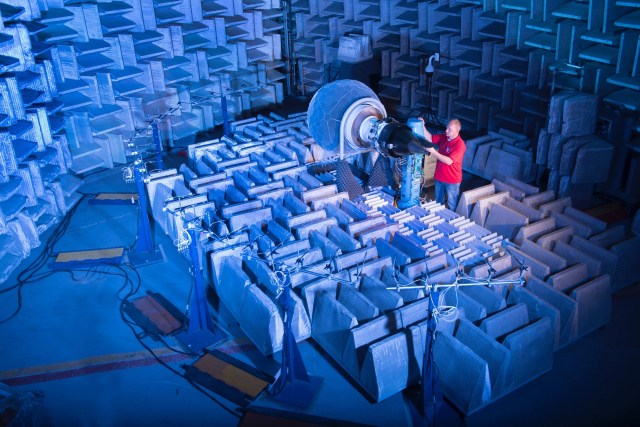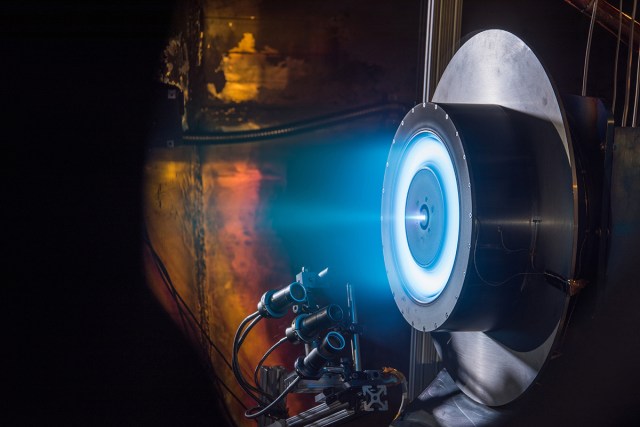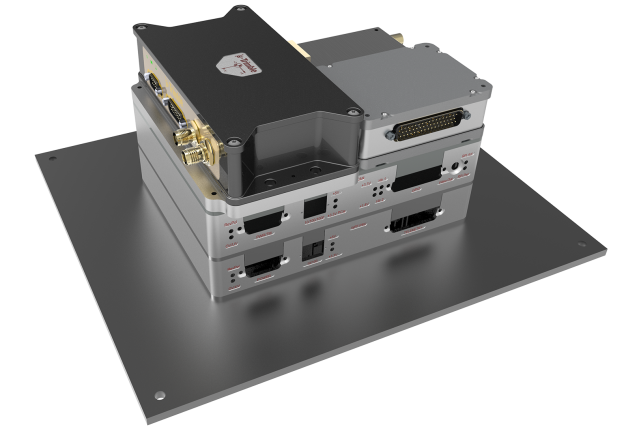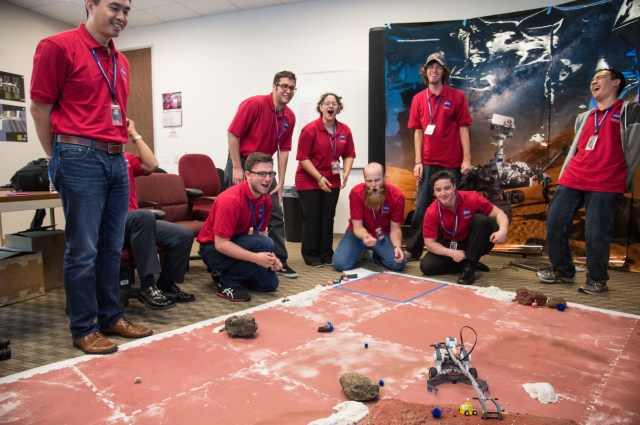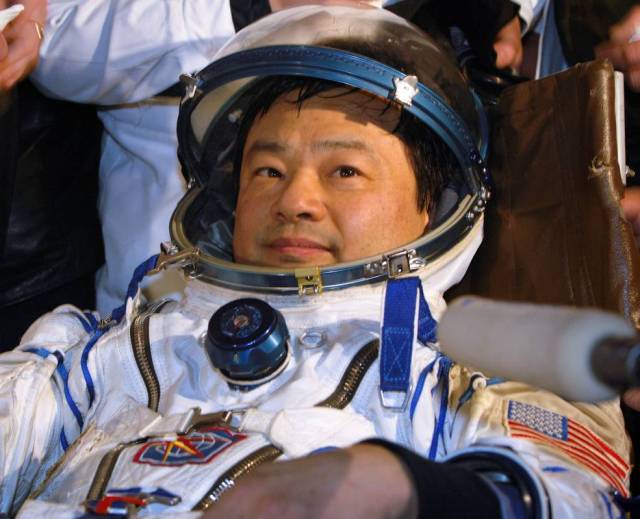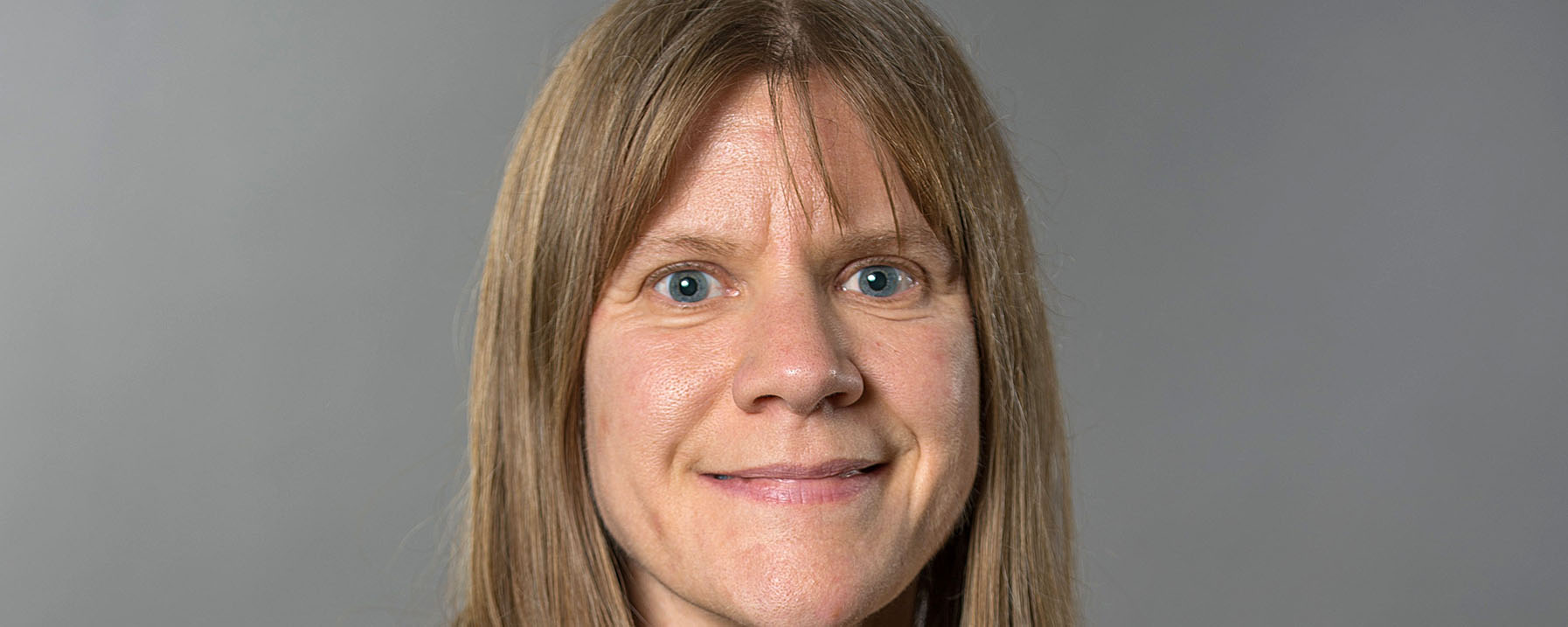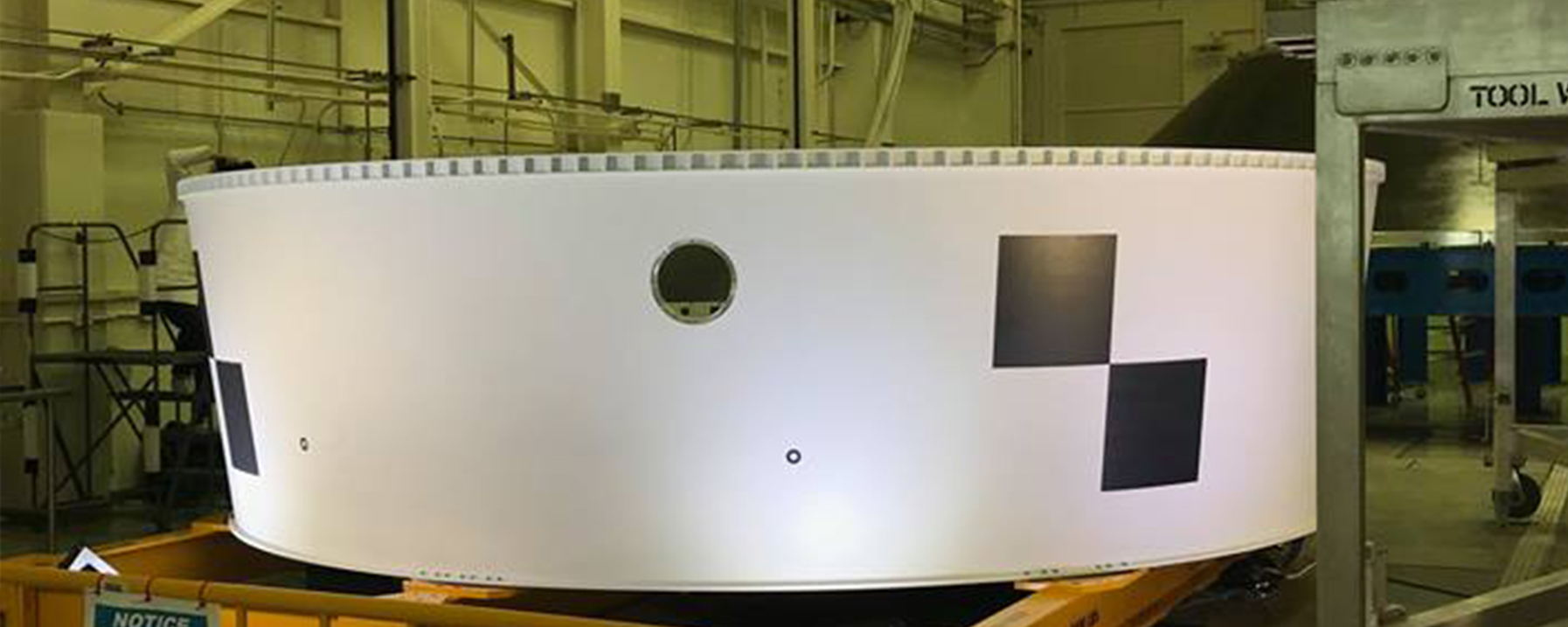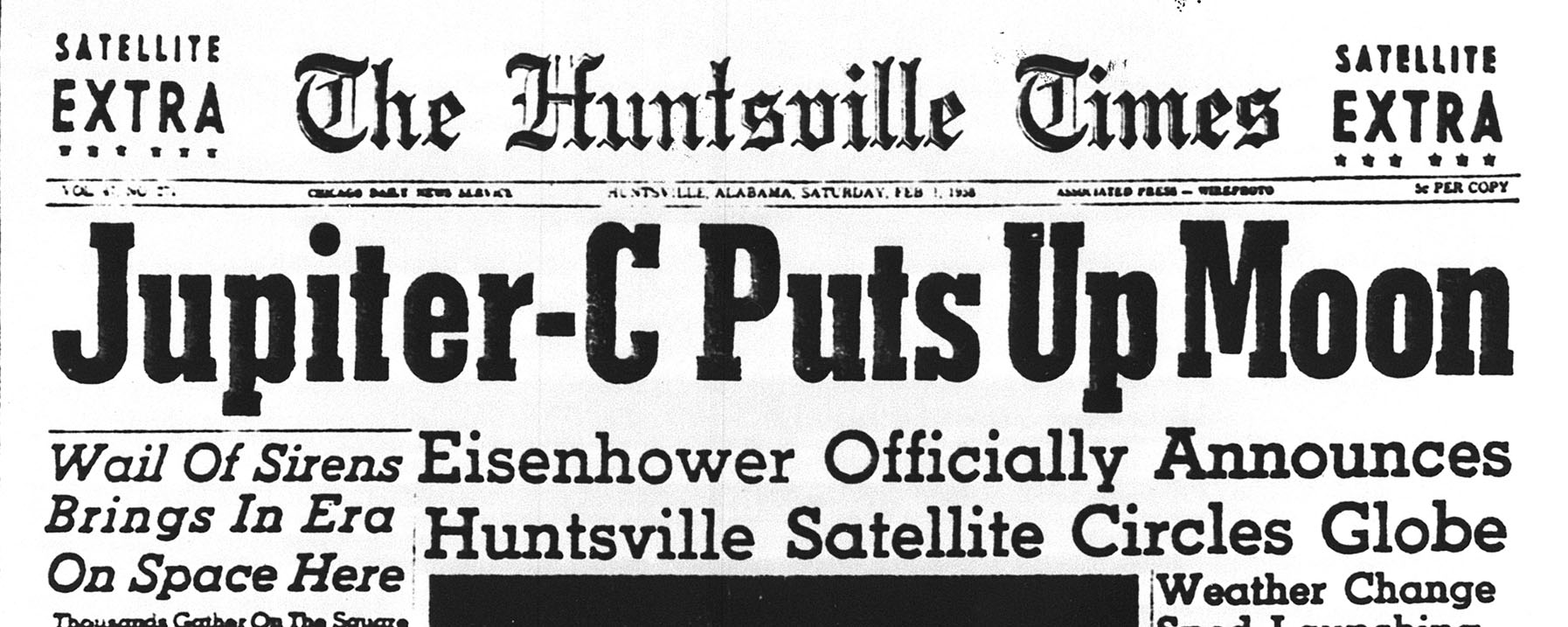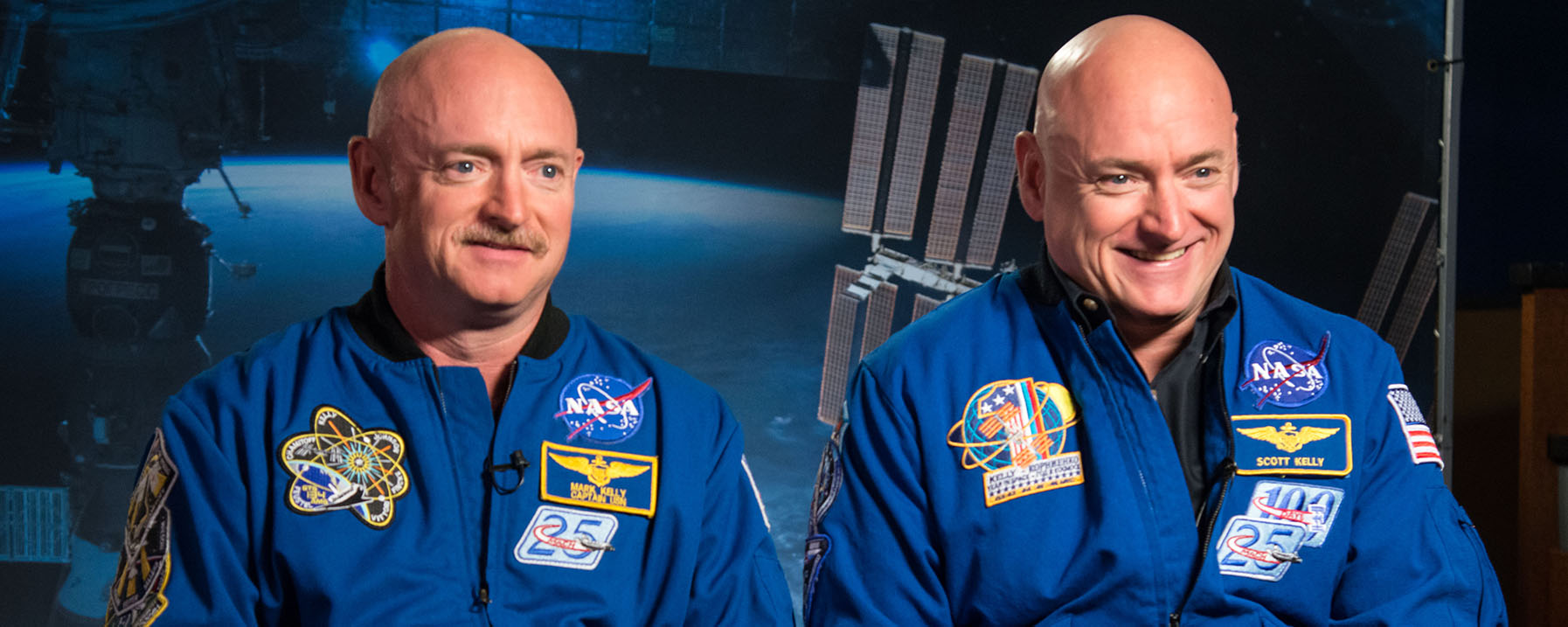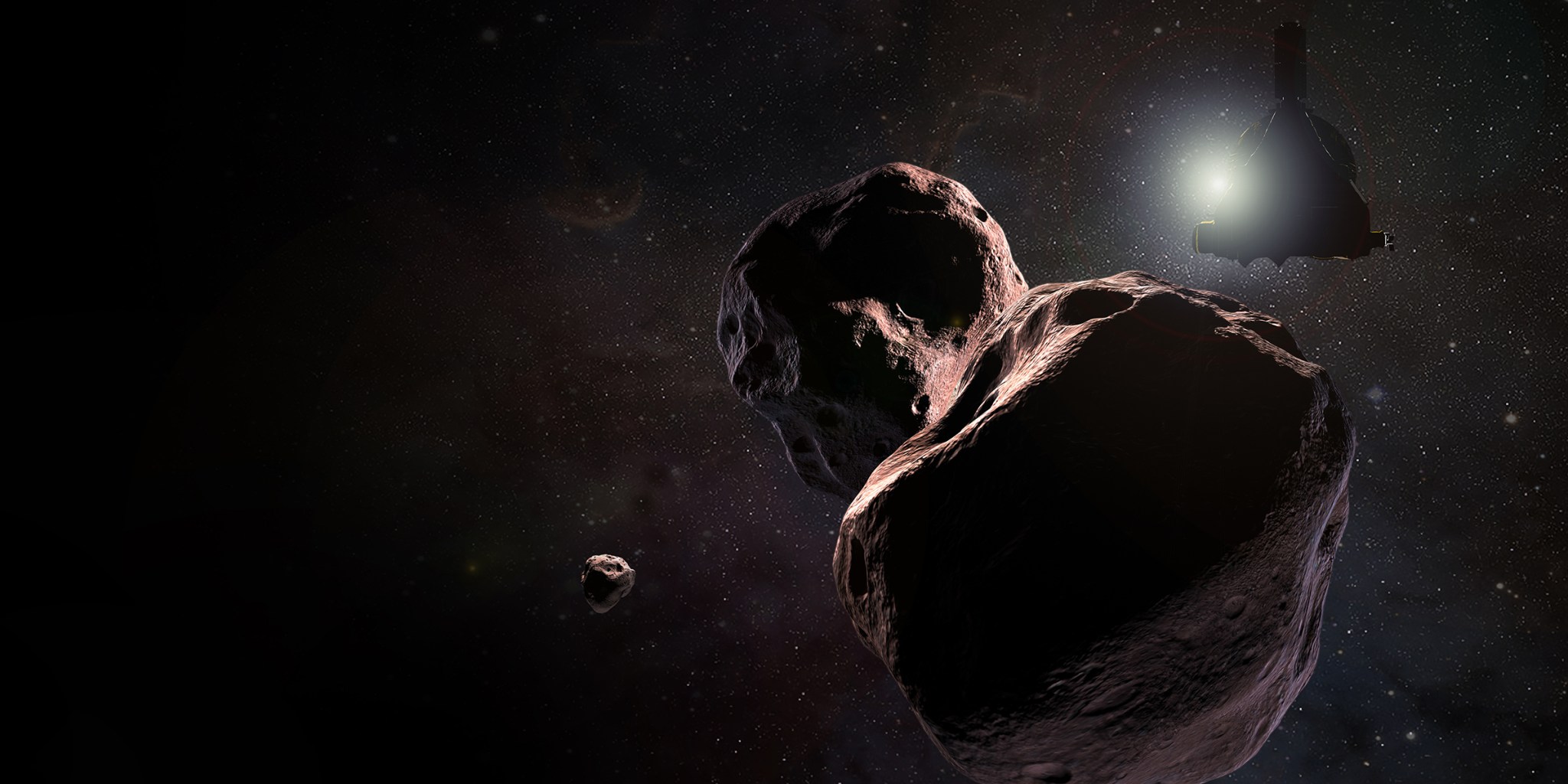Week of January 29 – February 2, 2018
NASA Marshall Scientist Wins Top High-Energy Astronomy Prize
Colleen Wilson-Hodge, an astrophysist at NASA’s Marshall Space Flight Center, and the Fermi Gamma-ray Burst Monitor team have received the 2018 Bruno Rossi Prize — the American Astronomical Society’s top honor in high-energy astronomy. The team received the award for their role in the first joint detection of gravitational and light waves from the same cosmic event.
Week Highlighted by Significant Progress for NASA’s SLS Rocket
Steady progress continued this week on NASA’s new deep-space rocket, the Space Launch System. On Tuesday, Jan. 30, media and Marshall team members viewed flight hardware ready to be shipped to Cape Canveral for launch preperations, and on Thursday, Feb. 2, engineers at NASA’s Stennis Space Center successfully performed the second RS-25 engine test of the year.
Explorer 1: 60 Years of America in Space
This week marked the 60th anniversary of America’s first satellite — Explorer 1. To recognize this accomplishment, NASA paused to look back at how much has been achieved in psace in less than a lifetime. The satellite launched aboard a Juipter C rocket that was developed and built by the U.S. Army Ballistic Missile Agency at the Redstone Arsenal in Huntsville, Alabama.
NASA Twins Study Confirms Preliminary Findings
Researchers and scientists have released their first findings in NASA’s Twin Study. Their reports include data on the physiologically and psychologically impacts of Scott Kelly’s year on the International Space Station compared to that of Mark Kelly, a control subject on Earth. These findings are key as NASA prepares to send astronauts on long-duration missions into deep space, including to the Moon and Mars.
New Horizons Mission Featured on NASA Podcast
On this week’s “Gravity Assist” podcast, New Horizons Principal Investigator Alan Stern discusses the mission’s next flyby target — Kuiper Belt object 2014 MU69. After it’s historic flyby of the dwarf planet Pluto, the mission was extended to probe even farther into the depths of our solar system and now is poised to fly by KBO 2014 MU69 on January 1, 2019.
For more information or to learn about other happenings at NASA’s Marshall Space Flight Center, visit NASA Marshall. For past issues of the ICYMI newsletter, click here.
NASA Marshall Space Flight Center news releases and other information are available automatically by sending an e-mail message with the subject line subscribe to msfc-request@newsletters.nasa.gov.
To unsubscribe, send an e-mail message with the subject line unsubscribe to msfc-request@newsletters.nasa.gov.


